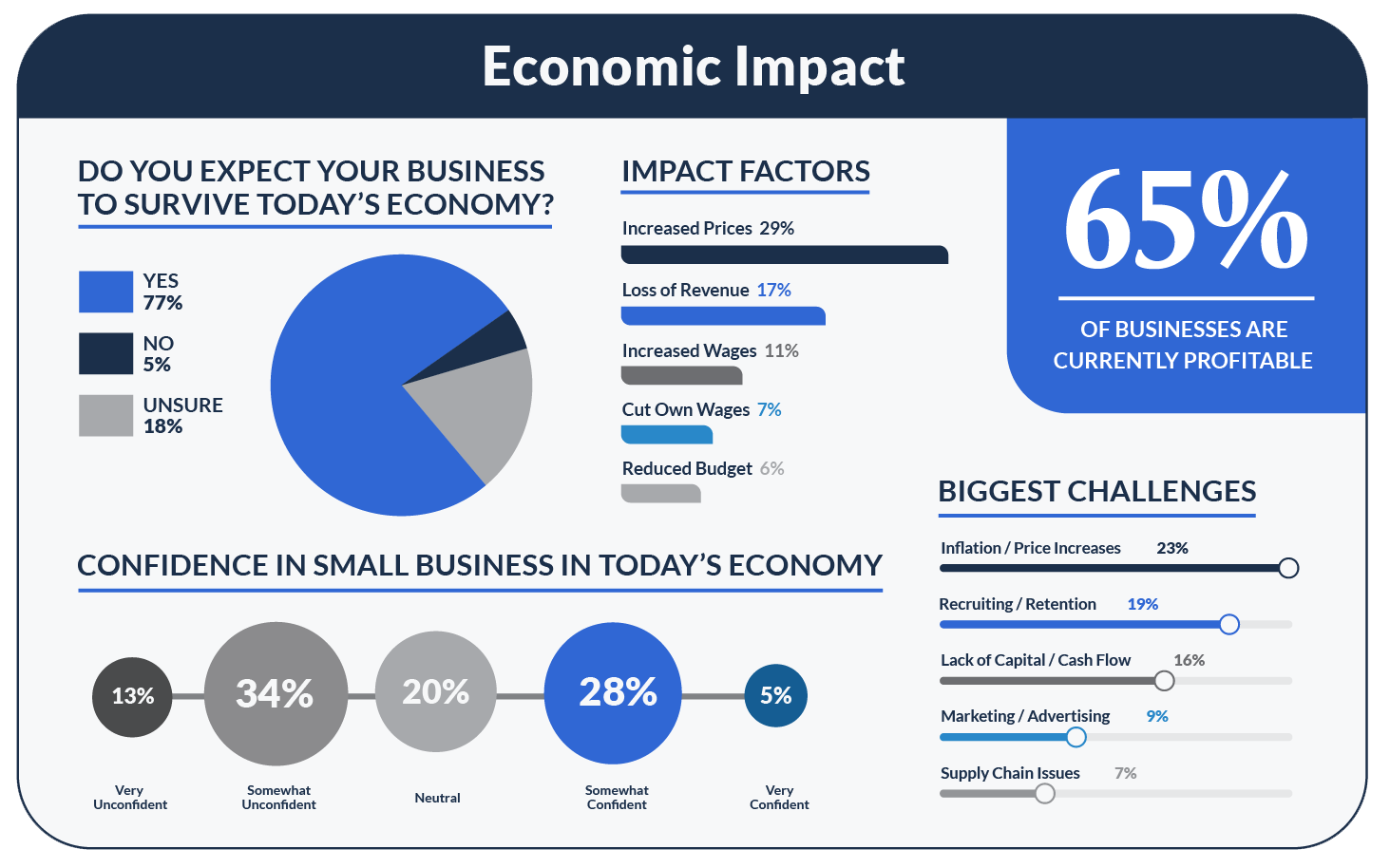Which Business Trend Is Valued Across The World

In an increasingly interconnected global marketplace, businesses are constantly seeking strategies to thrive. While technological advancements and fluctuating consumer behaviors often dominate headlines, a less flashy, yet equally powerful trend is consistently gaining traction: sustainability. Businesses across continents are recognizing the importance of integrating environmental, social, and governance (ESG) factors into their core operations.
This article examines the growing global emphasis on sustainable business practices. It explores the reasons behind its widespread adoption, its multifaceted implications, and its potential to reshape the future of commerce. We will delve into data and insights from reputable organizations to illustrate this global shift.
The Rise of Sustainable Business Practices
Sustainability is no longer a niche concept relegated to corporate social responsibility (CSR) reports. Instead, it's becoming a central tenet of business strategy. This transformation is driven by a combination of factors, including growing consumer awareness, stricter regulatory environments, and the increasing recognition of the business benefits of sustainable practices.
Consumers, particularly younger generations, are increasingly demanding ethically sourced and environmentally friendly products and services. A 2023 study by Nielsen found that 73% of global consumers are willing to pay more for sustainable goods. This consumer preference is forcing businesses to prioritize sustainability to maintain market share and attract new customers.
Governments worldwide are implementing stricter regulations to address climate change and promote responsible business conduct. The European Union's Corporate Sustainability Reporting Directive (CSRD), for instance, requires companies operating within the EU to disclose detailed information about their environmental and social impact. Similar regulations are emerging in other regions, pushing businesses towards greater transparency and accountability.
ESG: The Pillars of Sustainable Business
The concept of sustainability is often encapsulated by the acronym ESG, which stands for Environmental, Social, and Governance. These three pillars provide a framework for businesses to assess and improve their overall sustainability performance. Companies that prioritize ESG factors are often seen as more resilient, innovative, and attractive to investors.
Environmental Considerations
This encompasses a company's impact on the natural environment, including its carbon footprint, resource consumption, and waste management practices. Many companies are investing in renewable energy, reducing their emissions, and adopting circular economy models to minimize their environmental impact. Adidas, for example, has committed to using only recycled polyester in its products by 2024, significantly reducing its reliance on virgin plastics.
Social Considerations
This pillar focuses on a company's relationships with its employees, customers, and communities. It includes factors such as fair labor practices, diversity and inclusion, and community engagement. Starbucks, despite facing criticism, has made significant investments in employee training and development programs, aiming to create a more equitable and inclusive workplace.
Governance Considerations
This relates to a company's leadership, ethical standards, and corporate governance practices. Strong governance structures are essential for ensuring accountability and transparency. Companies with independent boards, diverse leadership teams, and robust ethical codes are generally viewed as more trustworthy and sustainable in the long run.
The Business Benefits of Sustainability
Beyond meeting consumer demands and complying with regulations, embracing sustainability offers tangible business benefits. These benefits include increased efficiency, reduced costs, improved brand reputation, and enhanced access to capital. Companies that invest in sustainable practices often experience improved operational efficiency and reduced resource consumption.
Investing in energy-efficient technologies and waste reduction programs can lead to significant cost savings. A strong sustainability track record can also enhance a company's brand reputation, attracting both customers and investors. Moreover, investors are increasingly prioritizing ESG factors when making investment decisions. Companies with strong ESG performance are often able to attract capital at lower costs.
A report by Morgan Stanley found that sustainable investing has outperformed traditional investing strategies in many sectors. This further reinforces the growing recognition of the financial benefits of sustainability.
Challenges and Future Trends
While the trend towards sustainable business practices is undeniable, challenges remain. Implementing sustainable practices can be complex and require significant upfront investment. Measuring and reporting on ESG performance can also be challenging, as there is no universally accepted standard.
However, these challenges are being addressed through the development of new technologies, standardized reporting frameworks, and greater collaboration between businesses, governments, and non-profit organizations. Looking ahead, the trend towards sustainable business practices is expected to accelerate. Technological advancements, such as artificial intelligence and blockchain, will play an increasingly important role in enabling sustainable solutions.
The integration of sustainability into core business strategies will become even more critical for long-term success. Businesses that fail to adapt to this changing landscape risk falling behind. The future of business is undoubtedly sustainable, and those who embrace this trend will be best positioned to thrive in the decades to come.
Ultimately, the global emphasis on sustainable business represents a fundamental shift in how companies operate and are perceived. It's a trend driven by consumer demand, regulatory pressures, and the recognition of the long-term business benefits of responsible practices. As the world grapples with increasingly complex environmental and social challenges, sustainability will continue to be a defining characteristic of successful and responsible businesses.


















